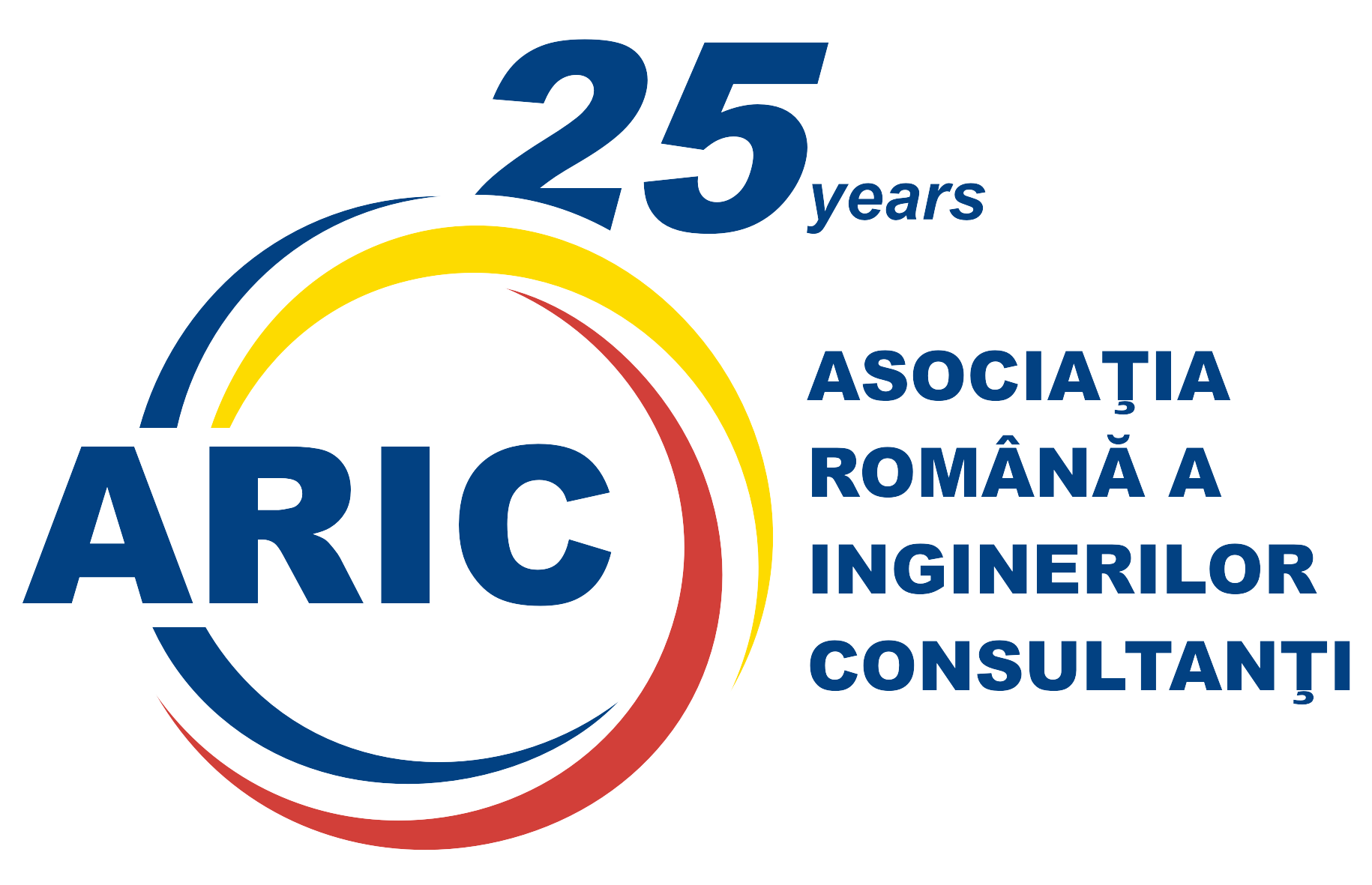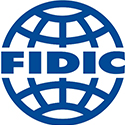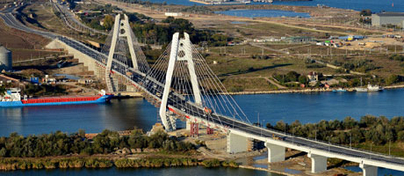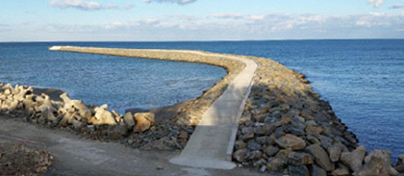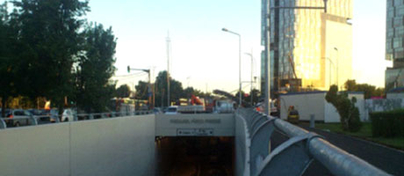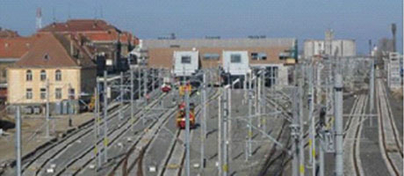New FIDIC State of the World report highlights that at least $7 trillion a year is needed to meet global infrastructure needs
Global infrastructure could require at least $7 trillion spending on it every year if the world is to address the growing climate emergency and recover from the effects of the Covid-19 pandemic, according to a new report issued today by FIDIC.
FIDIC’s first 2021 State of the World report, entitled Time to $Tn-vest, recommends a renewed and massive global effort to improve infrastructure spending to meet the investment challenge facing the world which would amount to a doubling of current infrastructure investment to at least $7 trillion. If the investment is not made and/or if the need is not lowered through innovation, FIDIC says, then meeting the UN’s sustainable development goals (SDGs) and making a full economic recovery from the Covid pandemic will be placed in jeopardy.
As the report is launched today at a special online event, we wanted to ensure that all FIDIC member associations were aware of the report and had access to the links on our website. This is a big story for the global infrastructure sector and we would appreciate as much sharing of the report as possible on your online platforms and social media.
You will also see that we have thanked all our FIDIC member associations for their help with the report by including all our MA logos on page 50 of the report.
The Time to $Tn-vest report highlights that the Covid pandemic and its economic effects, combined with the continued lack of investment to meet current infrastructure needs, let alone the SDGs, has created “the challenge of all challenges” for the world. “Never has the infrastructure sector faced such an extreme set of challenges concurrently. There is no longer just a gap of trillions of dollars in investment for current needs, but trillions more is needed to meet the SDGs and further trillions to repair and stimulate the economy following the impact of Covid,” says the report.
To address the challenge, the report makes three key recommendations: –
- A renewed global effort to improve infrastructure spending to meet the investment challenge facing the world.
- Create global financial mechanisms to support sustainable investment and end all carbon intensive investments and the burning of fossil fuels.
- Improved yearly global monitoring to ensure that infrastructure investment and maintenance spending is actually being undertaken in a sustainable way to meet the investment gap caused by years of underinvestment.
Speaking at the launch of the report, FIDIC chief executive, Dr Nelson Ogunshakin OBE, will say: “Our Time to $Tn-vest report shows that the world faces a massive challenge for infrastructure. We not only need to meet the current investment need and the UN SDGs investment need, but we also need to address the significant economic need as a result of the Covid crisis. Infrastructure can provide a major economic stimulus to the global economy if we are calculated, coordinated and importantly sustainable. This report therefore explores the challenge, competitiveness, risks and threats and proposes a stabilising mechanism to help us make this transition.
“Given the scale of the challenge we face and what will be needed to address it, FIDIC will not only continue to work in partnership with the international multilateral development banks, but increasingly also with global sovereign wealth funds and private investors to ensure that both the financing and funding requirements are available to make the necessary sustainable investment in global infrastructure and to ensure that this investment is maintained for the long term.”
Writing in the report, Tracey Ryan, managing director of Aurecon, New Zealand, says: “The trillion-dollar infrastructure challenge has opportunity written all over it. As an industry, we have an amazing opportunity to shift the dial on sustainability by directing the investment towards more sustainable infrastructure solutions. For the engineering industry, we need to rise to the challenge. We need to dream, we need to believe, we need to push to make our voices heard and be creative with solutions that drive a better future. It’s all within our hands, and we need to grasp the opportunity for the sake of future generations.”
FIDIC president William Howard said that engineers would play a key role in addressing the global infrastructure challenge and FIDIC stood ready to act. “If recent events have taught the infrastructure community anything, it is that it needs to be bold and not necessarily in ways that would have been anticipated five years ago,” he said.
“The skills and expertise that go into providing the infrastructure assets the world needs should not be underestimated. The role played by the world’s engineers, turning visionary ideas into reality, will be crucial going forward as the global environmental problems that we now face can now only be solved by engineers and engineering bringing the full range of their skills to bear with the ambition of the SDGs as their primary driver and properly constituted assessment mechanisms that take account of climate change, social equity, environmental protection, and human development,” said Howard.


